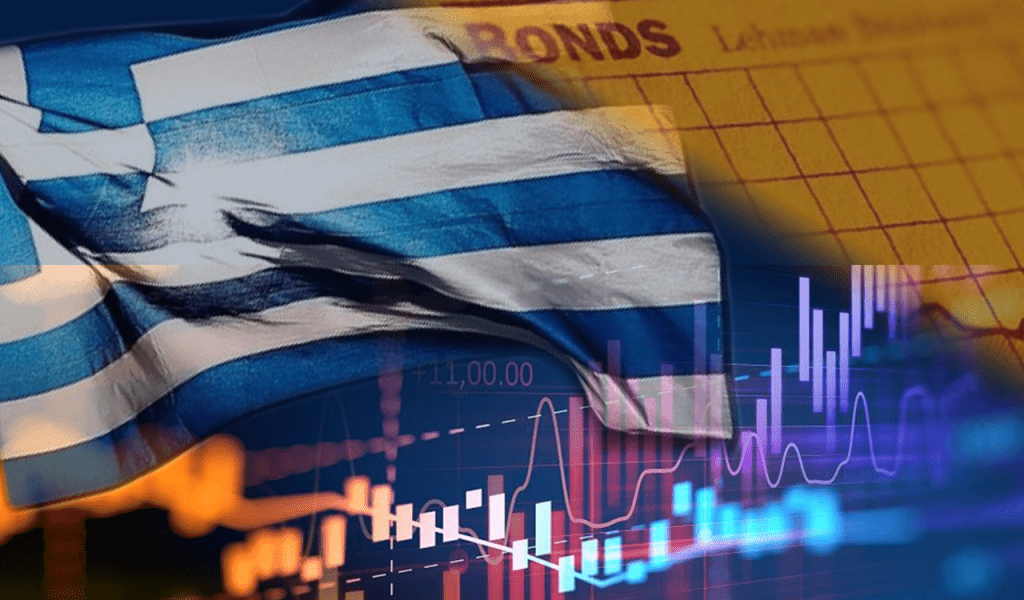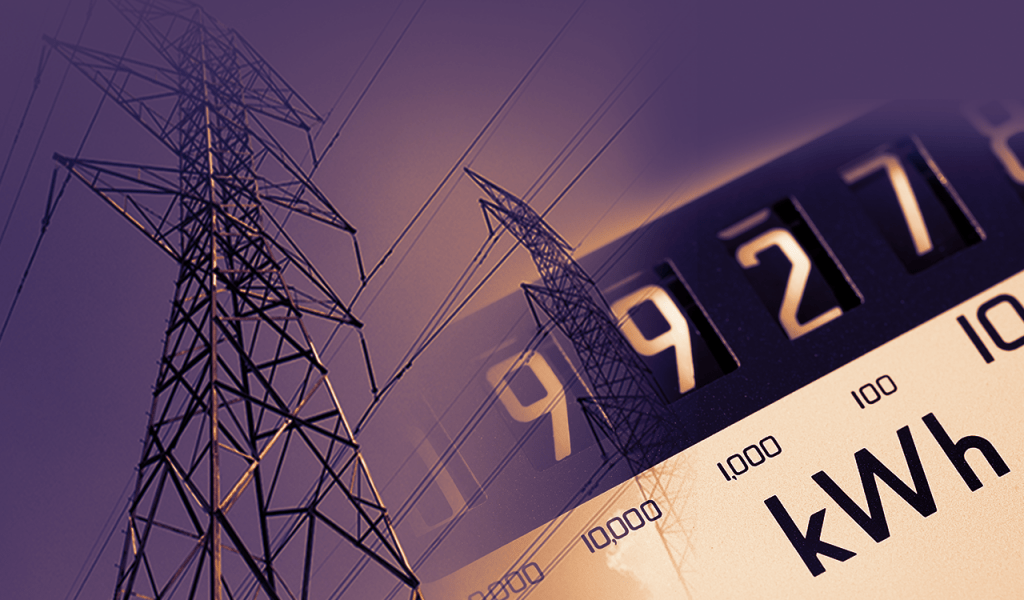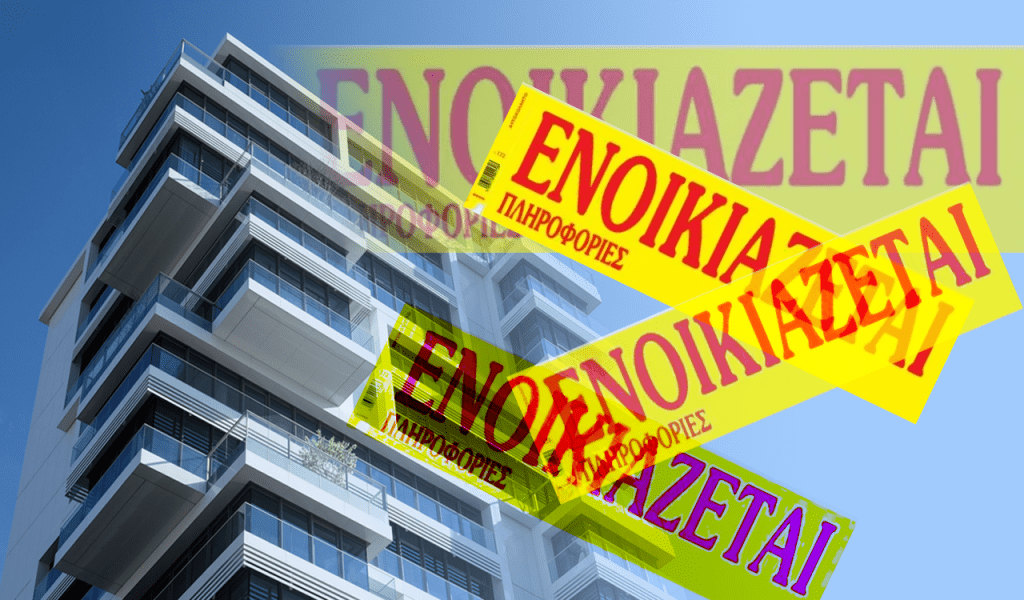The thirst of depositors to secure a certain income through the liquidity they keep in Greek banks is demonstrated by the course of deposit balances from last December until today.
In the one quarter to the end of February 2023, net inflows into term accounts have exceeded €3.5 billion, following a 39-month streak of declining balances in the category.
In February alone, for which the Bank of Greece has published data, they were boosted by 1.9 billion euros. This is the largest increase recorded since February 2013.
And this despite the fact that 10 years ago the average interest rate was 4.5% compared to 1.5% today.
As banking sources say, the increase in sizes would be even greater if the credit institutions did not have the new type of bond mutual funds with annual dividend distribution, which in the same period absorbed around 1 billion euros.
In addition, the same circles note, there are not a few depositors who expect a further strengthening of yields on pre-agreed duration products.
In this context, they foresee an acceleration of the growth rates of the balances in time deposits in the coming months.
At the end of the year, it is estimated that their share among individuals will reach 30% – 40% of the total deposit base from the zone of 20% today.
What will happen to interest rates
The possible new upward adjustment of yields during the year will also contribute to this.
After the last increase in the key interest rate of the euro at the ECB meeting at the end of March, the banks did not make any changes to the products they offer.
And this is because the turmoil caused by bank failures in the USA has overturned the estimates regarding the monetary policy that the ECB will follow in the next period.
This fact has had a direct impact on the fluctuations of the Euribor indices, on the basis of which credit institutions prepare their interest rate strategy.
In the baseline scenario, the Eurobank’s intervention rates will increase by 25 basis points on May 4.
This development, to the extent that it will affect the course of interbank interest rates, is likely to lead to new increases in yields on term deposits.
However, the amount of adjustments is expected to be limited.
Solutions available
However, those who keep money in interest-free first demand accounts, have the possibility to choose products with the right to stop early before they expire.
In this way, they will not lose interest while waiting for a possible increase in interest rates in the domestic market, and if a better opportunity presents itself, they will be able to transfer their funds to another product with better terms.
Interest rates on term deposits of the category can be either fixed or compounded per compounding period.
In the second case, depositors should check the course of interest rates, as in case they break the product prematurely, their benefit will be lower compared to the final yield at the maturity of the deposit.
Alternatively, a short-term term deposit of up to 3 months can be chosen and renewed after its expiry, when the landscape with the monetary policy that the ECB will follow in the next period will have been clarified.
With today’s data, the best returns for amounts from 20,000 – 150,000 euros are formed at the following levels:
For 15 months: 2%
For 18 months: 2.2%
For 24 months: 2.3%



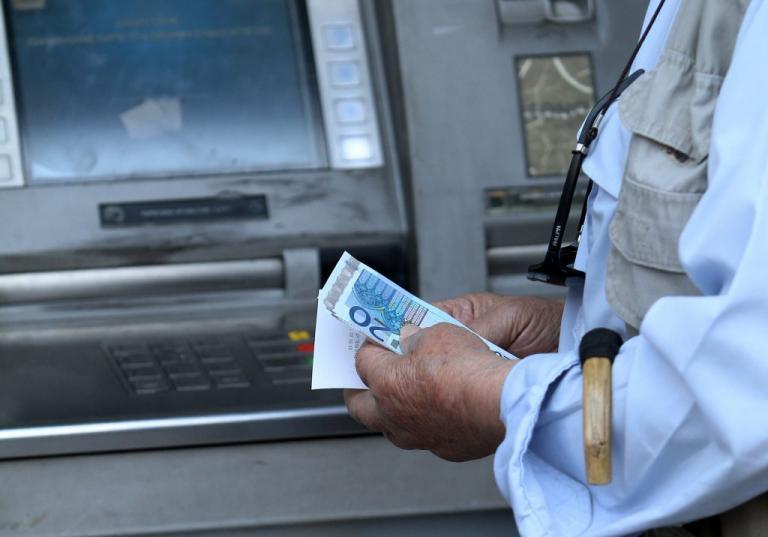
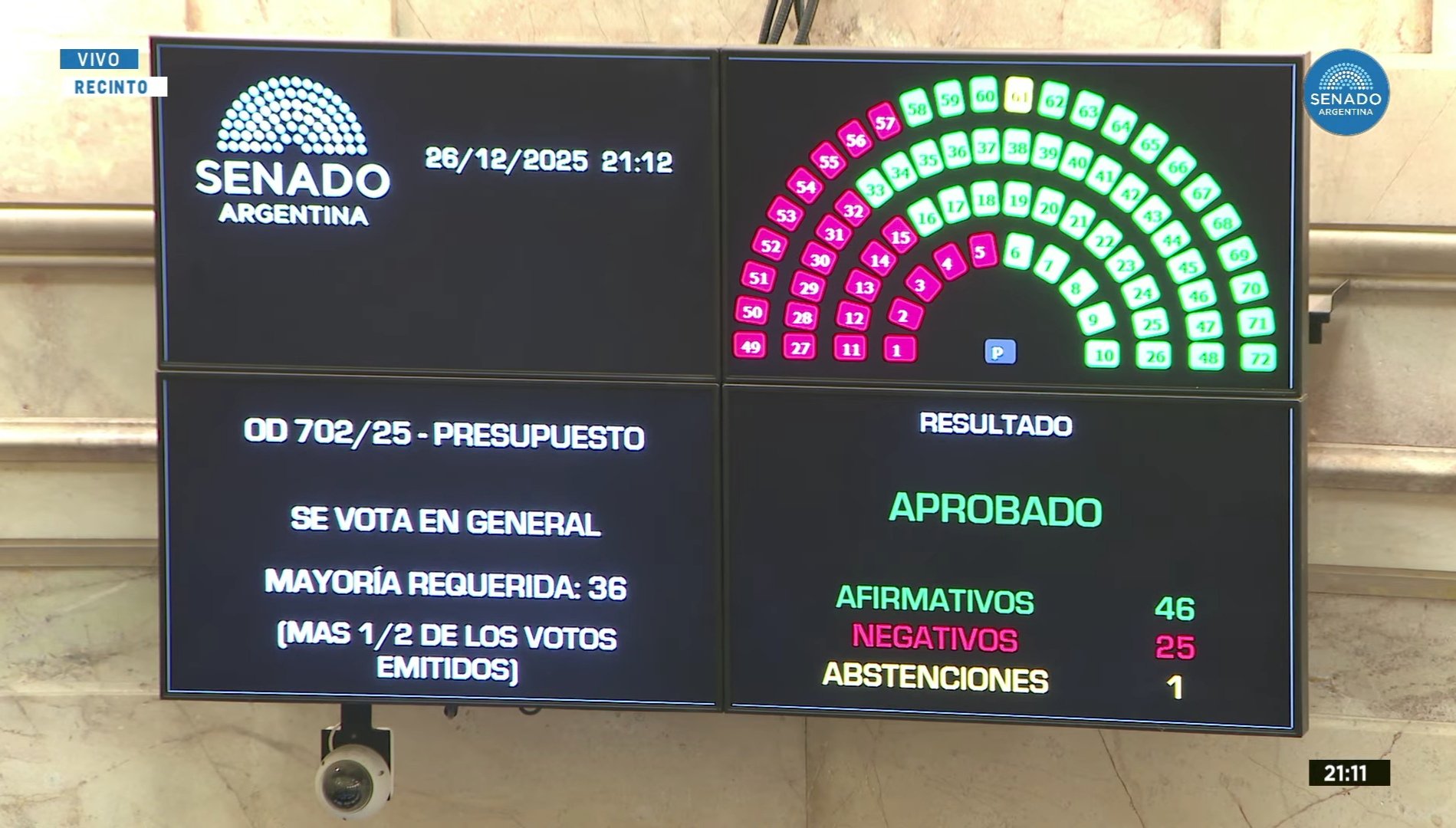




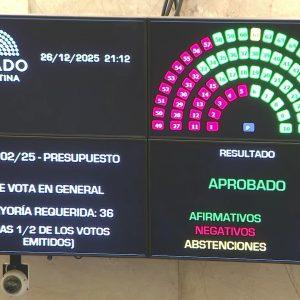


![Χρυσή βίζα: Μειώνονται οι αιτήσεις – Γιατί φρενάρει η ζήτηση [πίνακες]](https://www.ot.gr/wp-content/uploads/2025/11/golden-visa-768x516-1-1.jpg)






